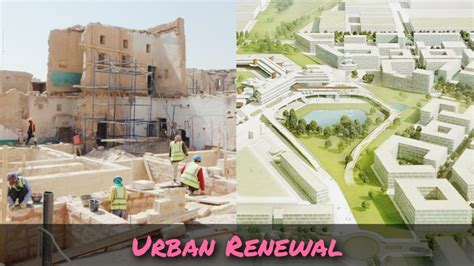Many comments reflect on the aftermath of urban renewal initiatives, highlighting issues such as property value preservation, crime rates, and social dynamics in neighborhoods. While some express concerns about the impact on vulnerable groups and the importance of historical preservation, others argue for the need to balance development and community well-being.
The discussions touch on the role of transportation infrastructure, with comparisons between highways, railways, and public transit systems. The tension between urban sprawl and densification emerges, raising questions about the environmental and social consequences of different urban planning approaches. Insights from European and Asian cities provide contrasting models for sustainable development.
Addressing the influence of economic factors on housing markets, comments delve into the complexities of real estate trends post-2008 crash, construction industry dynamics, and state-level housing policies. The push for high-density housing, mixed-income neighborhoods, and affordable housing solutions emerges as a key theme, emphasizing the need for diverse housing options and inclusive urban landscapes.
Political and social dimensions come to the fore with discussions on democracy, voter engagement, and the role of money in policy-making. The influence of special interest groups, such as landlords and developers, in shaping housing policies is scrutinized, underscoring the challenges of balancing private interests with public good in urban development.
Reflections on historical contexts, lessons from international experiences, and critiques of current urban policies provide a nuanced view of urban renewal challenges. The call for more sustainable, equitable, and community-driven approaches to urban planning echoes through the diverse perspectives shared in the comments, offering valuable insights for policymakers, developers, and residents alike.
As cities grapple with evolving housing needs, social dynamics, and environmental imperatives, the discourse on urban renewal remains a critical arena for dialogue and action. Balancing economic incentives, social equity, and environmental considerations requires a multifaceted approach that integrates diverse voices and perspectives. By learning from past mistakes and embracing innovative solutions, urban areas can strive towards more resilient, inclusive, and vibrant communities for all residents.


Leave a Reply